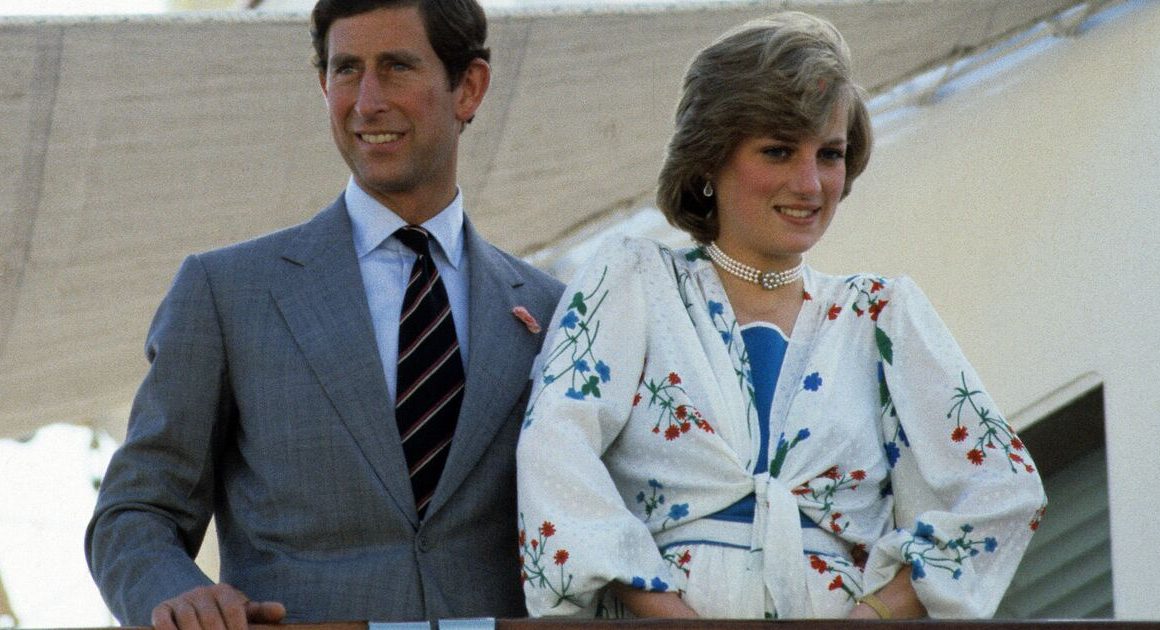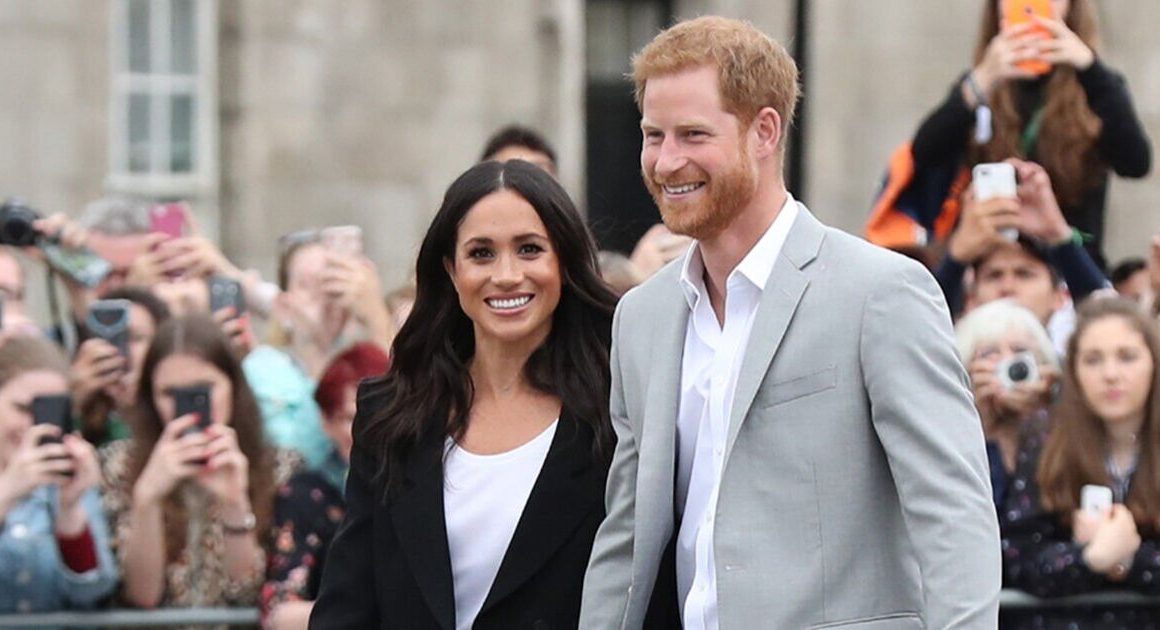Lock up political critics? Donald Trump is open to it. But his prevailing tactic entering his second term is suing the media into submission.
We’re not just talking about run-of-the-mill libel lawsuits.
We’re talking about Trump now suing an Iowa newspaper for a bad poll. And suing the pollster for consumer fraud. He’s suing 60 Minutes for how it edited a video — a video he wasn’t even part of. He’s demanding $10 billion. He’s also suing the Pulitzer Prizes for rewarding newspapers that covered his alleged collusion with Russia.
This after he sued ABC News for claiming he’d been found liable for rape; in fact, he’d been found liable for sexual abuse, but not rape.
A number of media analysts this week expressed shock that ABC’s parent company settled the rape-claim case without a trial. The Disney conglomerate paid out $15 million.
One global expert on free speech called this a well-worn playbook used in autocratic countries: To sue, sue and keep suing, regardless of whether lawsuits have merit.
Winning the suit is almost beside the point, said Eric Heinze. What’s key is to keep potential critics terrified of offending you, as it could result in ruinous legal fees.
“That’s how autocrats work,” said Heinze, law professor at the University of London, head of the Centre for Law, Democracy and Society, and author of a book about international lessons learned from free speech.
“Not by telling you how they’re going to oppress you, but keeping you unclear about how or whether they will, or when they will. That’s the secret of the autocrat. It’s not clarity, it’s vagueness.”
The point of chilling the press, he said, is to make it financially risky for people to say things they know are perfectly legal.
The practice has an acronym: SLAPP
The practice is so widespread it has an acronym: SLAPP, short for Strategic Lawsuits Against Public Participation. And it’s used in all sorts of places, including in democracies by wealthy plaintiffs.
Cherian George is from a country notorious for the practice: Singapore. He said defamation cases are part of the ruling party’s stock response to public debate.
In one famous case, a now-defunct magazine published an interview with an opposition leader who accused Singapore’s government of abusing libel lawsuits to conceal corruption. How did the government respond? By suing the magazine for libel.
A former journalist, George is now an academic who studies free speech and teaches at Hong Kong Baptist University.
He tells his students — who are mostly from mainland China — that a big difference with the U.S. is that, because of how the First Amendment has been interpreted by courts, it’s so difficult for politicians to win a defamation case that they rarely even try.
“I will have to update that lecture,” George said.
He says a lot will hinge on the willingness of media owners to defend press freedom — the stuff of Hollywood movies, as with The Washington Post‘s battle to publish a massive leak of documents on the Vietnam War.
He called the ABC case a failed test, not the sort of moment Disney will ever want to commemorate in one of its own movies.
Profit-driven media owners are vulnerable to this political pressure, he said.
Just two days after Disney settled, there was another example of a wealthy media owner scrambling to get on Trump’s good side.
Amazon founder Jeff Bezos, who also happens to own the Washington Post, donated $1 million to Trump’s inauguration fund and flew to Mar-a-Lago.
During the recent election, he stunned his own newspaper staff by cancelling an editorial that endorsed Trump’s opponent Kamala Harris.
Trump remarked in a cryptic social-media post Thursday that he’s suddenly popular with certain unnamed people, in an all-caps message: “EVERYBODY WANTS TO BE MY FRIEND!!!”
Disney’s desire to make nice with Trump has drawn ample criticism.
NBC host Chuck Todd complained that his ABC peer George Stephanopoulos was abandoned. The anti-Trump conservative news outlet The Bulwark fretted that media will start self-censoring, and stop platforming the hardest-hitting Trump critics.
Jeff Bezos and Lauren Sanchez at Mar-a-Lago last night having dinner with Donald Trump. <a href=”https://t.co/Ov1X1NqPra”>pic.twitter.com/Ov1X1NqPra</a>
—@MikeSington
Trump once acknowledged motive for suing media
But some reports say the case was more complicated.
The New York Post suggested Disney settled to avoid an awkward discovery process, including evidence that Stephanopoulos was warned several times before going on the air to avoid using the word, “rape,” then used the word repeatedly.
The New York Times said Disney’s lawyers were worried the case could go all the way to the Supreme Court and wind up becoming a pretext to weaken First Amendment case law.
As it stands, it’s extraordinarily difficult for a public figure in the U.S. to sue successfully for libel. Media are protected unless they publish speech that is knowingly malicious and recklessly indifferent to the truth.

It’s the legacy of a court case in which the New York Times was sued over a 1960 ad opposing segregation. An Alabama police commissioner said it contained errors and maligned him unfairly, and he was initially awarded $500,000, but the Supreme Court overturned it in New York Times v. Sullivan, the foundation of current U.S. libel law.
There have been efforts to challenge it. And a couple of Supreme Court justices, especially Clarence Thomas, support revisiting that 1964 decision.
In the meantime, most suits like these get thrown out of court.
Trump is on the record explaining, to Heinze’s earlier point, that, when it comes to libel suits, winning isn’t everything.
Trump acknowledged this after suing a journalist in 2006 who questioned his claim of being a billionaire; he sued, lost, and then said it was worth it.
“I spent a couple of bucks on legal fees, and they spent a whole lot more,” Trump said.
“I did it to make his life miserable, which I’m happy about.”
He’s now aiming to render a few more people’s lives difficult.
Former U.S. president Donald Trump angrily hurled insults and threatened to sue a columnist who accused him of raping her during his October deposition in a lawsuit by the writer. Video excerpts from his deposition were unsealed by a court on Friday.
A summary of Trump’s lawsuits
This includes suing one of the most-respected pollsters in the U.S. under the Iowa Consumer Fraud Act. The reason? A catastrophically bad poll conducted by Ann Selzer, who has since retired after what had been a stellar career.
A few days before the November election, she shocked the country with a survey showing Kamala Harris leading in Iowa, a result that pointed to a potential national landslide for her, and it got considerable media attention because of her track record.
Trump ultimately won Iowa by 13 points; in his court filing, he said the poll forced his campaign to unnecessarily expend resources in Iowa, and he argued that an error of that magnitude was not statistically possible, but was in fact a malicious act.
He’s seeking unspecified financial damages from her and is also suing the newspaper that published the survey, the Des Moines Register.
That’s after Trump sued CBS over 60 Minutes editing clips of an interview with Kamala Harris. The show ran a shortened clip of her grappling with an uncomfortable topic for her: the Middle East. It then resisted calls to publicly release a full interview transcript. He’s seeking $10 billion.
But CBS denies Trump’s accusation of malice. It says it ran one clip of the Harris answer on its show, and shared a different clip from that same answer with another CBS show.
He’s also suing the Pulitzer Prize board over awards to newspapers for their coverage of his 2016 campaign’s alleged collusion with Russia — “the Russia, Russia, Russia hoax,” as Trump calls it.
The 2016 affair resulted in criminal charges against some of Trump’s senior campaign staff and the Pulitzers have defended the awards they gave to the New York Times and Washington Post.
In reaction to the pollster lawsuit, Columbia University’s free-speech Knight Institute called Trump’s effort a non-starter under the First Amendment and urged the court to dismiss it quickly, recognizing it for what it is: An attempt to intimidate and silence.
But Trump expressed his full-fledged support for these suits during a media conference this week.
In fact, he said, he shouldn’t even have to be funding these cases — the U.S. Justice Department should be doing it; in other words, the Justice Department he’s about to start leading in one month.
“We have to straighten out the press,” Trump said.












